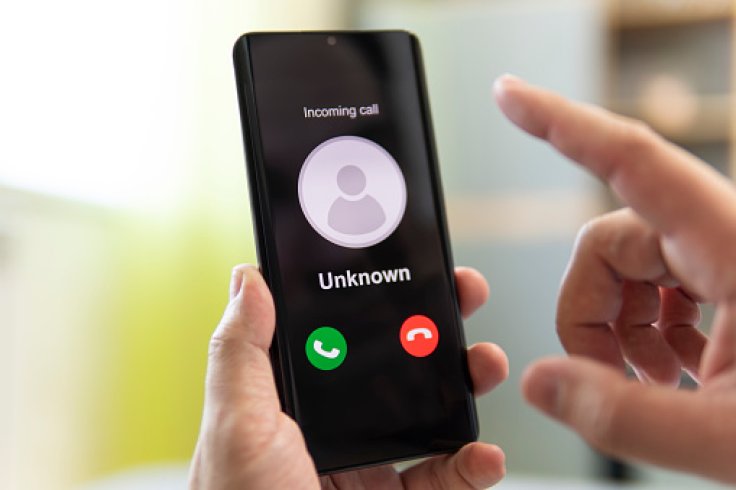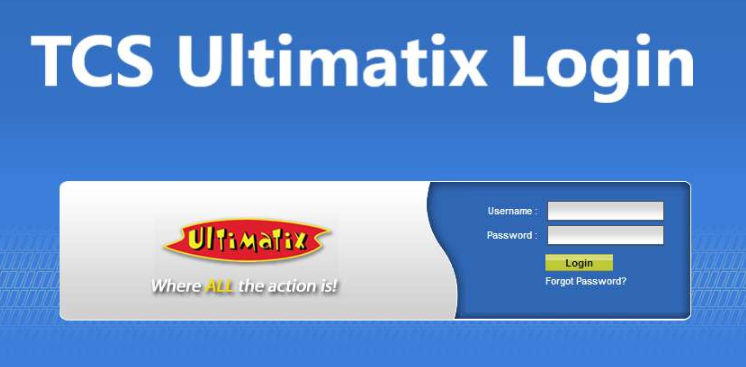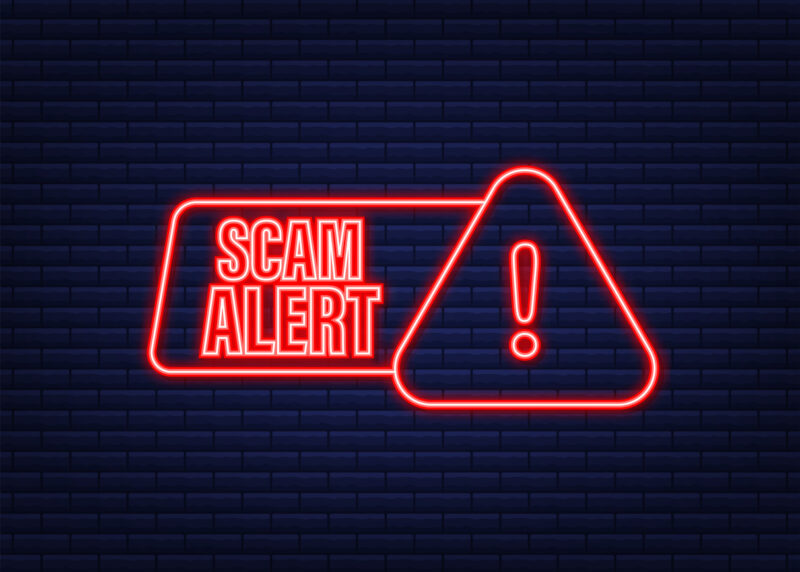Warning: 8007613362, 08456021111, 1315614532, 8456021111,07868 802242, 0131 561 4532, 7868802242, 8000521251, 0800 023 2635, 8004970747, 0800 052 1251, 8000232635, 3001232323, 0800 497 0747, 2037810895, 8000338005, 3452962834, 7700161656, +44 800 761 3362
In this digital age, where our smartphones have become an essential part of our lives, receiving unwanted and suspicious calls has become a common occurrence. Many of us have encountered unfamiliar numbers popping up on our Caller ID, leaving us wondering, “Who is calling me?” While some of these calls might be harmless, there is a growing concern about the rise of phone scams, spam calls, and caller ID spoofing that can lead to potential risks and annoyances.
Understanding Caller ID Spoofing
Caller ID spoofing is a deceptive practice where scammers and telemarketers mask their true identity by falsifying the information displayed on your Caller ID. They use technology to display fake phone numbers, often making it appear as if the call is coming from a legitimate source, such as a well-known company or a government agency. This technique is intended to trick you into answering the call, increasing the chances of falling victim to their scams.
The Dangers of Unwanted Calls
Unwanted calls can pose significant risks to individuals. Some of the common dangers associated with such calls include:
Financial Scams
Scammers may pretend to be from a bank or financial institution, seeking your personal and sensitive information to commit identity theft or fraudulent activities.
Social Engineering Attacks
Callers might employ social engineering tactics to manipulate you into revealing confidential details, passwords, or financial information, which they can exploit for malicious purposes.
Phishing Attempts
Unwanted calls may involve phishing attempts, where the caller tries to deceive you into clicking on malicious links or downloading harmful content.
The Annoyance of Spam Calls
Apart from the risks, unwanted calls can also be extremely annoying. You might receive countless spam calls, disrupting your peace and interrupting important tasks throughout the day. These unsolicited calls not only waste your time but also contribute to an increased level of stress and frustration.
How to Identify Suspicious Numbers
Learning to recognize suspicious numbers is crucial in protecting yourself from potential risks. Here are some signs that may indicate a call is suspicious:
Unfamiliar Area Codes
Be cautious when receiving calls from unfamiliar area codes, especially if they claim to be from a location unrelated to your known contacts.
High Volume of Calls
Receiving an unusually high volume of calls from the same number within a short period could be an indication of spam or harassment.
Threatening Language
Calls that involve threatening language, demands for money, or immediate action are likely to be scams.
The Risks of Answering Unknown Calls
While curiosity might tempt you to answer unknown calls, doing so can be risky. Answering could verify to the caller that your number is active, leading to more unwanted calls in the future. Moreover, engaging with scammers or telemarketers might expose you to their manipulative tactics.
Reporting and Blocking Unwanted Calls
To combat unwanted calls, you can report the numbers to your local authorities or government agencies responsible for handling phone scams. Additionally, most smartphones offer call blocking features that enable you to block specific numbers, preventing future calls from reaching your device.
Dealing with Phone Scams
If you suspect a call is a phone scam, it’s essential not to engage with the caller. Hang up immediately and refrain from providing any personal information. Legitimate organizations, such as banks or government entities, will never ask for sensitive details over the phone.
Protecting Your Personal Information
Safeguarding your personal information is crucial in the digital age. Avoid sharing sensitive data, such as social security numbers, bank account details, or passwords, with unknown callers.
10. Mobile Apps for Call Blocking
Various mobile apps are designed to help you combat spam calls and block unwanted numbers. These apps use databases of known spam numbers to identify and intercept suspicious calls automatically.
Tips to Minimize Spam Calls
Here are some practical tips to reduce the number of spam calls you receive:
Register on Do Not Call Lists
Add your phone number to official “Do Not Call” lists to reduce the number of unsolicited telemarketing calls.
Use Caller ID Services
Take advantage of Caller ID services to screen incoming calls and decide whether to answer or ignore them.
Be Cautious with Call Backs
Avoid calling back unknown numbers, especially if they haven’t left a voicemail or if the call seems suspicious.
Legal Actions Against Unwanted Calls
In many jurisdictions, there are laws in place that protect consumers from unwanted calls and phone scams. If you receive persistent spam calls or fall victim to a scam, you might have legal recourse to take action against the perpetrators.
The Role of Government and Telecom Companies
The battle against unwanted calls requires collaboration between governments and telecom companies. Many governments have taken steps to address the issue and enforce regulations to protect citizens from phone scams.
Educating Others About Call Scams
Educating friends and family about the risks of unwanted calls and scams is essential. By spreading awareness, we can collectively minimize the impact of such calls.
Conclusion
In conclusion, receiving calls from unknown or suspicious numbers is a prevalent issue that can lead to significant risks and disruptions. Caller ID spoofing, phone scams, and spam calls are serious concerns in the digital era. It is crucial to stay vigilant, avoid engaging with unknown callers, and take advantage of call-blocking features and mobile apps to protect ourselves. Remember to report suspicious calls and, most importantly, educate others about the dangers of unwanted calls.
FAQs
1. What should I do if I receive a suspicious call?
If you receive a suspicious call, it is best to hang up immediately without providing any personal information. Report the number to relevant authorities and consider blocking the caller.
2. How can I block unwanted calls on my smartphone?
Most smartphones offer built-in call-blocking features. You can also download mobile apps designed to block spam calls and unwanted numbers.
3. Are all unknown calls dangerous?
Not all unknown calls are dangerous, but some may be spam or potential scams. It’s essential to exercise caution and use Caller ID to identify callers before answering.
4. Can I take legal action against unwanted calls?
Yes, in many jurisdictions, there are laws that protect consumers from unwanted calls and scams. If you receive persistent spam calls or fall victim to a scam, you might have legal recourse to take action against the perpetrators.
5. How can I protect my personal information from phone scammers?
Avoid sharing sensitive data with unknown callers, and be cautious about the information you provide over the phone. Legitimate organizations will not ask for sensitive details over the phone.





